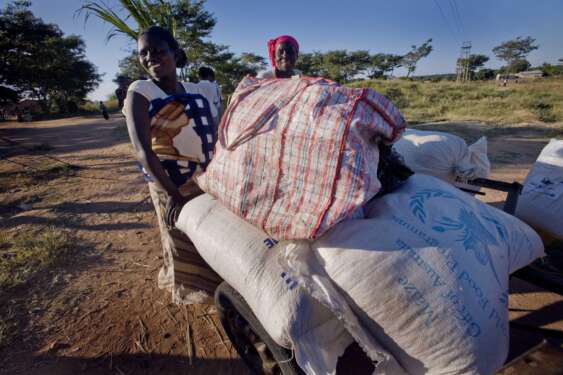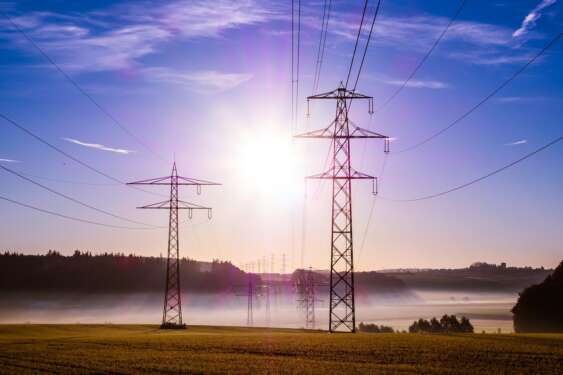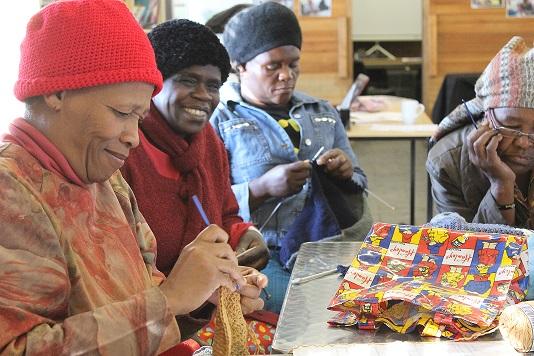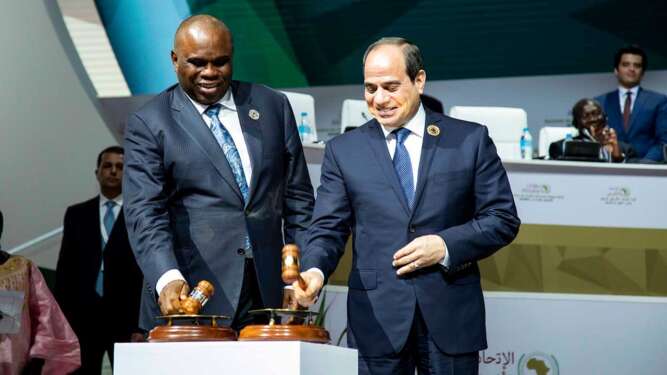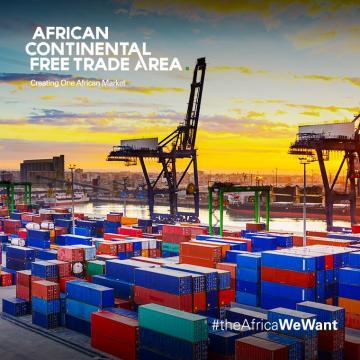- AI’s Dual Capacity and a Strategic Opportunity for African Peace and Security
- How African economies dealt with the 2025 debt maturity wall
- Africa’s Green Economy Summit 2026 readies pipeline of investment-ready green ventures
- East Africa banks on youth-led innovation to transform food systems sector
- The Washington Accords and Rwanda DRC Peace Deal
- Binance Junior, a crypto savings account targeting children and teens debuts in Africa
- African Union Agenda 2063 and the Conflicts Threatening “The Africa We Want”
- New HIV prevention drug is out — can ravaged African nations afford to miss it?
Author: Evelyn Shumba
Evelyn is a finance and business content writer with a passion for business news in Africa. Her expertise is in analyzing African equities and telling the truth when it comes to doing business on the continent!
Africa’s tech habitude is on the rise. Internet usage has risen significantly on the continent. On top of that, the advent of the coronavirus pandemic accelerated the prospect of growth in the digital sphere. E-commerce is one such opportunity that affords businesses access to broader market opportunities in every arena. According to McKinsey, a worldwide consulting firm, the e-commerce industry in Africa is expected to grow to a $75 billion industry by 2025.
E-commerce is growing. It is accelerated by a growing and youthful population that is increasingly exposed and has an appetite for greater efficiency and improvement of business to first-world standards. The African diaspora has also contributed to this growing demand as people have become more exposed to what is going on around the world. Technology itself dissolves existing borders and opens up trade regionally and internationally.
Over $50 billion worth of aid is poured into Africa every year. Most of it is targeted towards poverty reduction, hunger, and achieving sustainable development goals. Yet Africa remains among the poorest of the poor. The level of disease still continues to stay high and mortality rates remain high. Unemployment levels are soaring and the standard of living remains very poor. Lack of access to electricity and clean drinking water coupled with lack of food in some areas is very much a reality. 85% of Africans are surviving on an income less than $5.50 per day. In trying to take…
The continent faces a stark challenge of energy availability. More than 60% of the population has no access to electricity. Moreover, a lack of clean energy for cooking remains a challenge. Even those with access to power face severe power cuts triggered by load-shedding and faults. Both triggers can be traced back to infrastructural challenges, including a lack of adequate generation capacity and aging infrastructure. According to the World Bank’s State Of Access To Modern Energy Cooking Services Report, only 10 percent of sub-Saharan Africa has access to modern sources of cooking energy. The effect of this inadequacy creates a…
The realities on the African continent are unpalatable. The levels of financial, education and energy poverty among several other scales of poverty are extremely high. Yet the continent lies on a bed of natural resources and is adorned by some of the most beautiful scenery in the world. On top of that the biggest resource—its people—are capable of churning out ideas and innovation that can change the narrative on the continent. Africa is far from hopeless. Recognizing this, the African Union has set out to take steps towards achieving the realisation of a first class economic powerhouse by 2063. The…
In 2013, the African Union penned the Agenda 2063 policy meant to revolutionize Africa into a formidable powerhouse among global players. Key pillars of the policy include a thrust toward poverty eradication and sustainable development. The key to the achievement of this policy and any other that promotes Africa’s future lies in transforming the economic fortunes of its people. Africa’s population is on a growth trajectory and is expected to double by 2025.One of the most significant challenges that the continent faces addresses the critical issue of absorbing these large numbers into meaningful income-generating opportunities. Currently, the employment gap vis-à-vis…
The countdown to the commencement of trading under the African Continental Free Trade Area is drawing to an end. The world celebrates the coming of a new year with the hope of a reprieve from the chaos and hardships that 2020 brought. For Africa, the New Year’s Eve celebrations bring hope for a brighter future. A future with Africa no longer the dark forgotten continent left behind by the rest of the world. Neither engulfed by poverty, inefficiency, and negativity nor identified by conflict and hopelessness. A future where Africa stands shoulder to shoulder with economic giants. Where economies of…
A few years ago, Nigerian Jessica Mathews made headlines after she invented the energy harnessing soccer ball. The invention entailed soccer balls that harness the kinetic energy they gather when they are kicked around so that they can be used for lighting in the home. This was an incredibly beneficial invention, given the challenges of electricity in most of Africa; 60 % of the population has no access to electricity. In several countries, those who do have access to electricity experience intermittent power cuts. Noisy and fume producing generators are widely used to power business and home lights. However, that…
A number of African stock exchanges have been hit by an IPO drought in recent years—an indicator of ineffective capital markets. Some exchanges have seen an increase in de-listings. For instance, Ghana’s stock exchange is reported to have been struck by a wave of de-listings. The crux of the matter is, apart from the biggest stock exchanges, African capital markets have not lived up to their potential as investment harnessing hubs. Stock Exchanges in Africa There are currently 29 exchanges in Africa; most of these are affiliated with the African Securities Exchanges Association. Included in the list of exchanges are…
Fintech has the potential to revolutionize the African financial services landscape. Already mobile payments and microloan technologies are taking root rapidly across the continent. The success of mobile money provider M-Pesa in many countries such as Egypt, Ghana, India, Kenya, Lesotho, Mozambique, Romania, and Tanzania among others is an example of the potential of fintech on the continent. Read Also: Mobile money making Africa bankable Financial Inclusion In Africa access to traditional financial services is limited. Transaction costs with banks are usually very restrictive. This coupled with poor infrastructure, lack of employment and rural environments has created room for fintech…
The African Continental Free Trade Area (AfCTA) is billed to transform the face of trade on the African continent. If its implementation becomes a success, AfCTA will bring a new lease of life for African economies. Its implementation initially delayed by the onset of the Covid-19 pandemic is set for the beginning of 2021. Given that small business enterprises play key roles in most economies across the continent, what does the advent of the trade agreement mean for SMEs in Africa? READ ALSO: Why the African free trade area could be the game-changer for the continent& economies Why Are Micro…






